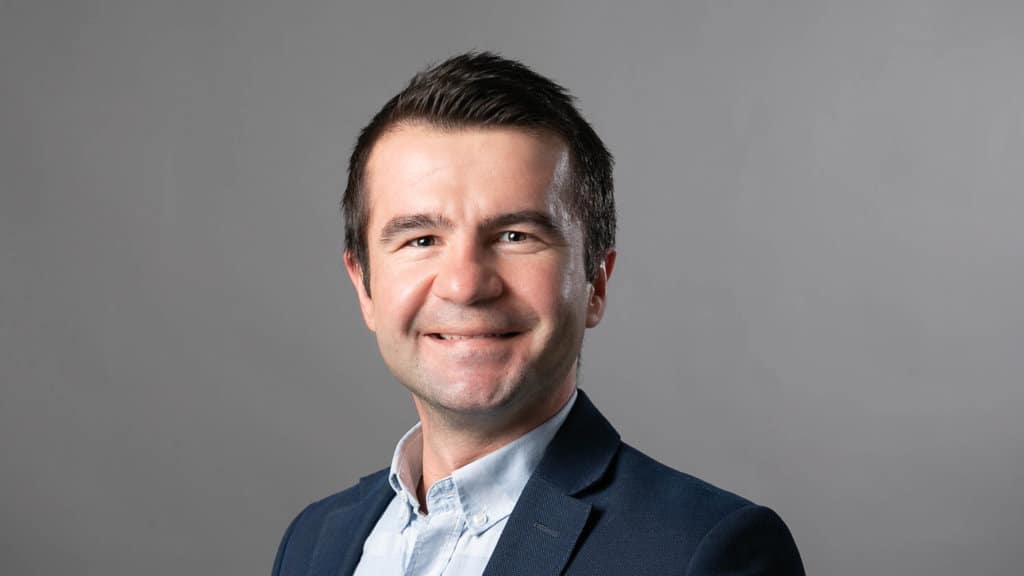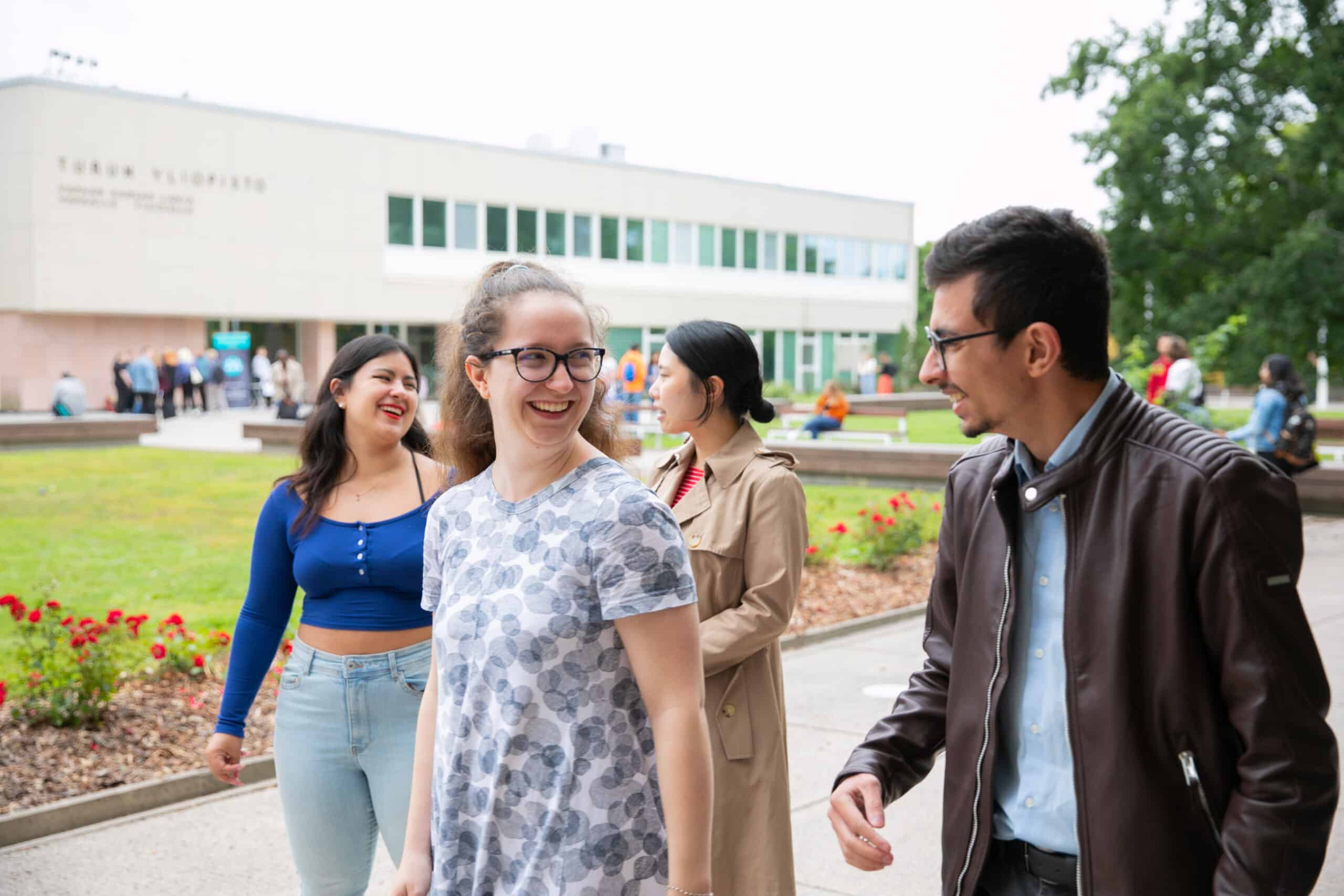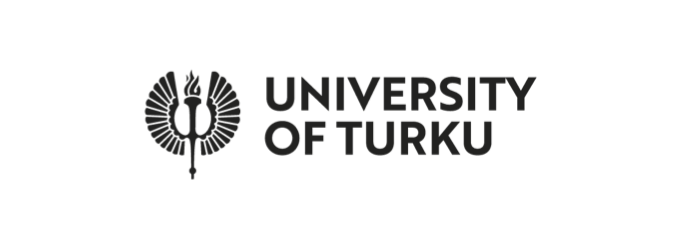After working in the local government as a mayor’s advisor for seven years, Turkey born-and-raised Tolga Karayel quit his job and moved to Finland. His decision was not made overnight — the 33-year-old had been in love with the city of Turku since he went on an Erasmus programme in 2011.
“University of Turku and the city of Turku offered many opportunities and support for student experience and entrepreneurs. It was one of the most prestigious departments in the world, especially in the field of Futures Studies,” says Karayel, now in the second year of the Master’s Degree Programme in Futures Studies.
If there was one thing he learned in his professional life, it’s how hard it is to create societies that are resistant to uncertainties. It is no small feat. “The important thing is to discuss alternative scenarios in detail in advance, not when the event occurs. This is where the unique methods and methods of Futures Studies come into play,” the scholarship winner says.

“I chose Finland without hesitation because the opportunities offered to students are beyond imagination,” says student Tolga Karayel. Source: Tolga Karayel
One of Karayel’s favourite modules is “Participatory Scenario Planning and Strategic Corporate Foresight.” This course allows him to collaborate with organisations and put the theory learned in the class to practise. “I am motivated to learn how to make our cities more resistant to future uncertainties with our special tools such as horizon scanning, causal layered analysis, trend analysis, anticipating wild cards, and detecting weak signals. In this way, we can be more prepared for uncertainties,” he says.
He learned even more as an intern at Finland Futures Research Centre (FFRC) for three months. Here, he helped to organise the “Planetary Futures of Health and Wellbeing” conference. “It was a great experience to meet all academicians and futures researchers coming from all around the globe,” he says. Thanks to the institution’s extensive alumni network, outstanding career guidance services, career fairs as well as events, and conferences, students like Karayel have even more opportunities to meet academics, researchers, and work with professionals in their field even before they complete their studies.

Karayel credits both the government of Finland and the University of Turku for giving him various opportunities to excel both academically and professionally. Source: University of Turku
Karayel has immense respect for this focus on experiential learning. “For example, I owe the birth of our startup, Preloved Coffee, to the Boost Startup Marathon and then the nine-week Boost Startup Journey — an early-stage startup accelerator taking place every spring and summer that UTU students can add to their study plans and gain credits,” he says.
Just like Karayel, Ameya Foujdar packed his bags and moved from India to Finland to study the Master’s Degree Programme in Law and Information Society at UTU. “I wanted to study at a university that gave students the flexibility to choose what they want to do and provide them with the room to grow. I also knew that UTU offers amazing student services and being able to study in a supportive environment was important for me,” Foujdar says.
His master’s degree is unique — it offers him the option to deepen his knowledge of both law and technology. Back home, it was not possible to have such a multidisciplinary approach to learning. But what brought him to Finland was the beauty of the country too. “Finland seemed like a place where I could really grow as a person and be happy,” says Foujdar. “I like the cold climate, coffee, and forests.”
At UTU, Foujdar managed to strategise and double down on his career plans. He worked as a legal and partnerships consulting intern and as a communications intern for the Finnish Red Cross, volunteered as an English language teacher at the refugee centre in Pansio, and was trained as a Youth Delegate for the Red Cross. These experiences helped him see the immediate effects of his contributions to the lives of people, something that he craves in his future occupation.

Ameya Foujdar packed his bags and moved from India to Finland to study at UTU. Source: University of Turku
But why Finland and why UTU? For Foujdar, it’s UTU’s unmatched support. “At UTU, for example, it is possible to apply for a full scholarship. Immigration policies are constantly improving and now, you can obtain a residence permit for the entire duration of your studies, after which you can apply for a two-year job permit,” Foujdar says.
The best part about UTU is that every student, international or local, is guaranteed an internship subsidy which covers part of the intern’s salary costs and is paid to the internship employer. In short, there is no such thing as an unpaid internship for UTU students. International talent is celebrated here and employability rates are constantly improved across the board. The university has made it their goal to ensure that every international student and doctoral candidate graduating from UTU will be employed a role that complements their degree.
Intrigued? Join the virtual open week on 14-18 November and apply to the University of Turku in January.
Follow University of Turku on Facebook, Instagram, Twitter, and LinkedIn.











